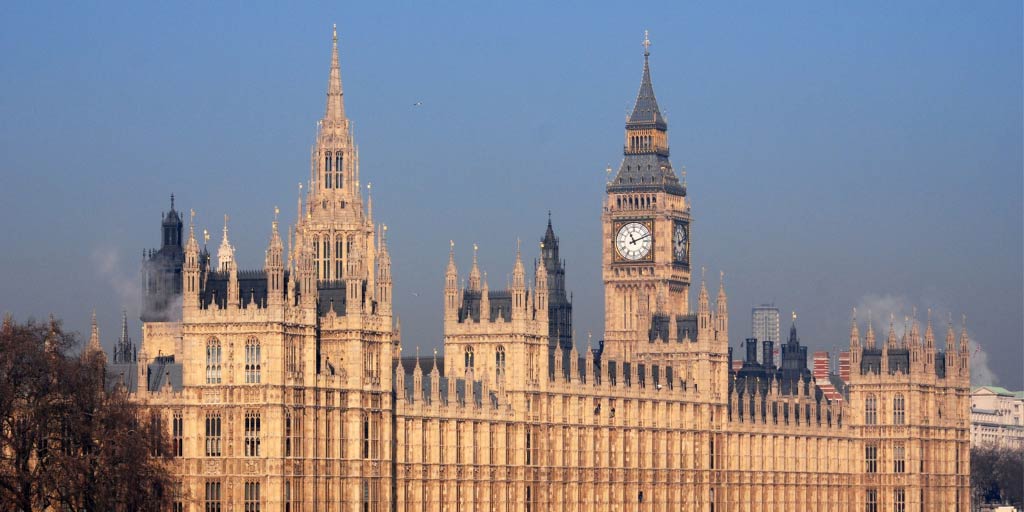This information should not be interpreted as financial, tax or legal advice. Mortgage and loan rates are subject to change.

Category: government and politics
On Thursday 9th October, Deputy Prime Minister Angela Rayner delivered the Second Reading of Labour’s Renters’ Rights Bill (RRB) in the House of Commons, laying out the Labour government’s overarching objectives with the policies.
Many Labour MPs voiced support for the RRB on behalf of their constituents. However, it’s the responsibility of the Shadow Cabinet to scrutinise every move the incumbent government makes.
Leading the Conservative side of the debate, Kemi Badenoch opposed the “policy rather than first principles” approach of the Renters’ Rights Bill and disparaged its similarities with the Conservatives’ own Renters (Reform) Bill proposed in 2023, which did not make it into law while they were in power.
Shortcomings in the Private Rented Sector?
Right out of the gate, Rayner emphasised the important role of landlords, but noted the sector’s shortcomings that the RRB would address:
I want to be clear from the outset that this Government recognise[s] the important role of landlords, most of whom provide good-quality homes for their tenants. But this is a sector in serious need of reform. Millions of people live in fear of Section 21 no-fault evictions that could uproot them from their homes and communities, and they are forced to live in homes that are riddled with damp and mould, too scared to complain in case they end up being evicted and homelessness, and knowing that another potential tenant will be desperate enough to move in.
Admissions of failure
Badenoch was forthcoming about Conservatives’ failure of the Renters (Reform) Bill. However, she attributed this to their Bill being fundamentally flawed and asserted that the Conservatives were ultimately correct not to go through with it.
Badenoch warned her Labour counterpart not to double down on unsound policies. She expressed concern that blame for “unintended consequences” of the new Renters’ Rights Bill would fall on Rayner.
Labour MPs asked some loaded questions about whether the Conservatives had conflicts of interest, since 25% of Conservative MPs are landlords.
In retort, Badenoch pointed out that Labour’s hands were not entirely clean and that the content of the RRB itself should be the focus. She very implicitly referred to recent controversies surrounding Ilford South Labour MP Jas Athwal, who was slammed by many newspapers for being a “rogue landlord”.
Controversial policies
The RRB is set to give tenants more lenient rent arrear periods before a landlord can repossess their property. It currently proposes to add one extra month to the existing two-month arrear timeframe, so a tenant will be able to build up unpaid rent payments for up to three months in total.
On a similar note, landlords may have to wait double the length of time to issue notice for arrear-based evictions.
For landlords who, on average, have to wait seven months for the court system to process and enforce an eviction notice, the prospect of facing further delays when trying to repossess their properties may cause frustration and crippling financial losses.
MPs on both sides of the benches queried how the changes proposed in the RRB would affect the student let market.
Across the aisle, Conservative MP Sir Desmond Swayne offered his concerns about tenants ending tenancies early:
Changing tenants involves significant expense for both tenant and landlord—my interests can be found in the Register of Members’ Financial Interests—and the ability of a tenant to end a tenancy after two months presents a significant risk to the landlord, particularly in the student rental market, where re-letting a property within the academic year can present a considerable difficulty.
Rayner assured him that the Bill would accommodate the unique circumstances of students.
Will Labour hold on rent caps stance?
Rayner was pressed for an answer from another Labour MP about whether or not the government will consider setting caps for rent increases. The question went largely unanswered.
Later in the debate, other Labour MPs expressed agreement that rent caps should be left out of the RRB for the time being.
Labour have consistently rejected the idea of imposing rent controls, even back when Sir Keir Starmer was leader of the Opposition. In 2024, housing minister Matthew Pennycook had conclusively stated that “the government do not support the introduction of rent controls.”
Following the end of this parliamentary session, the RRB will be revised further. A Consideration and a Third Reading will be held before it can pass into the House of Lords.


